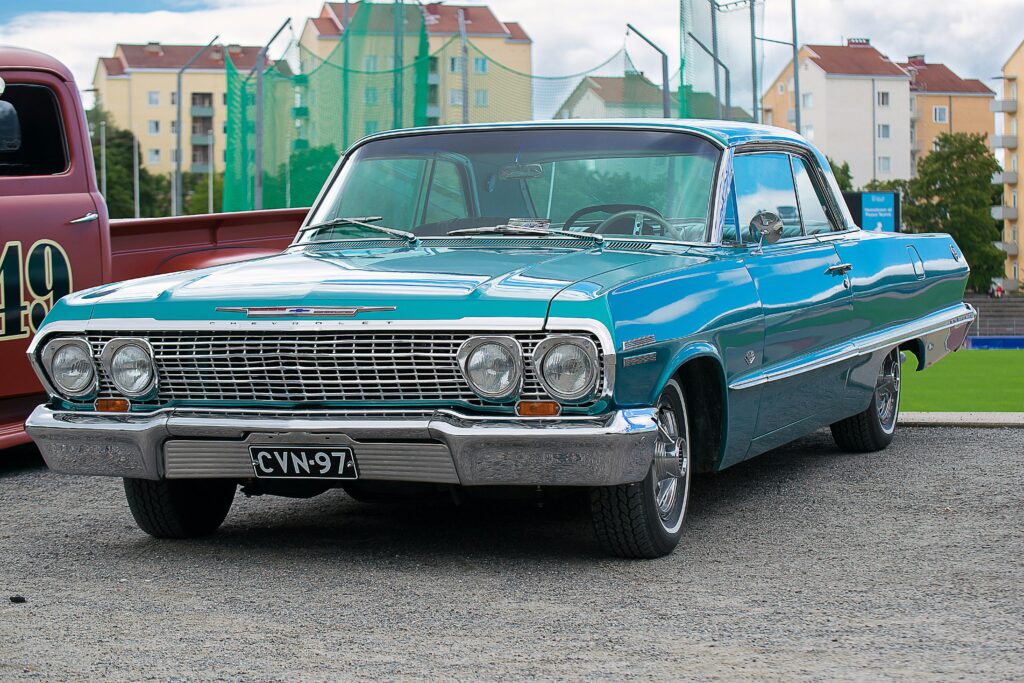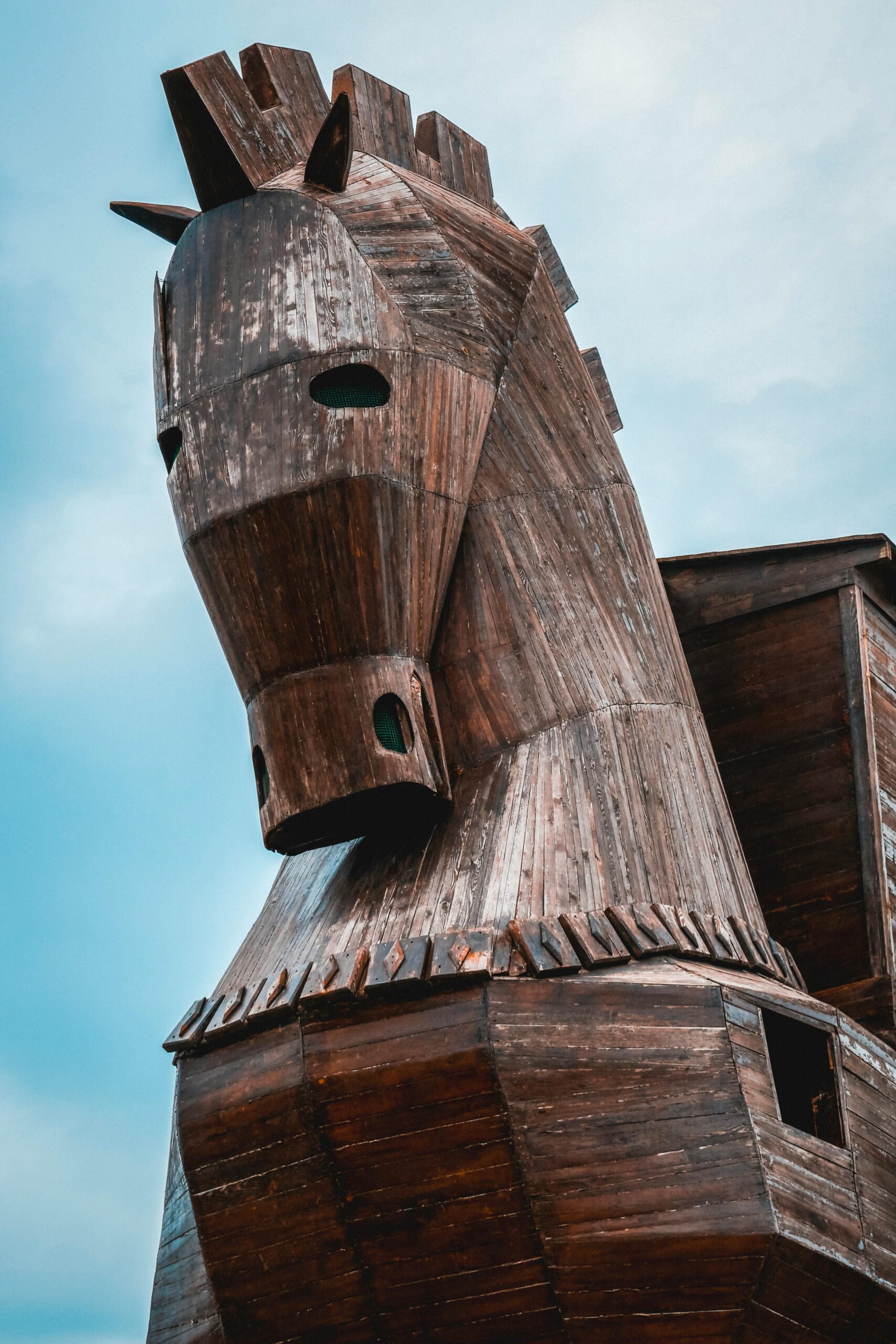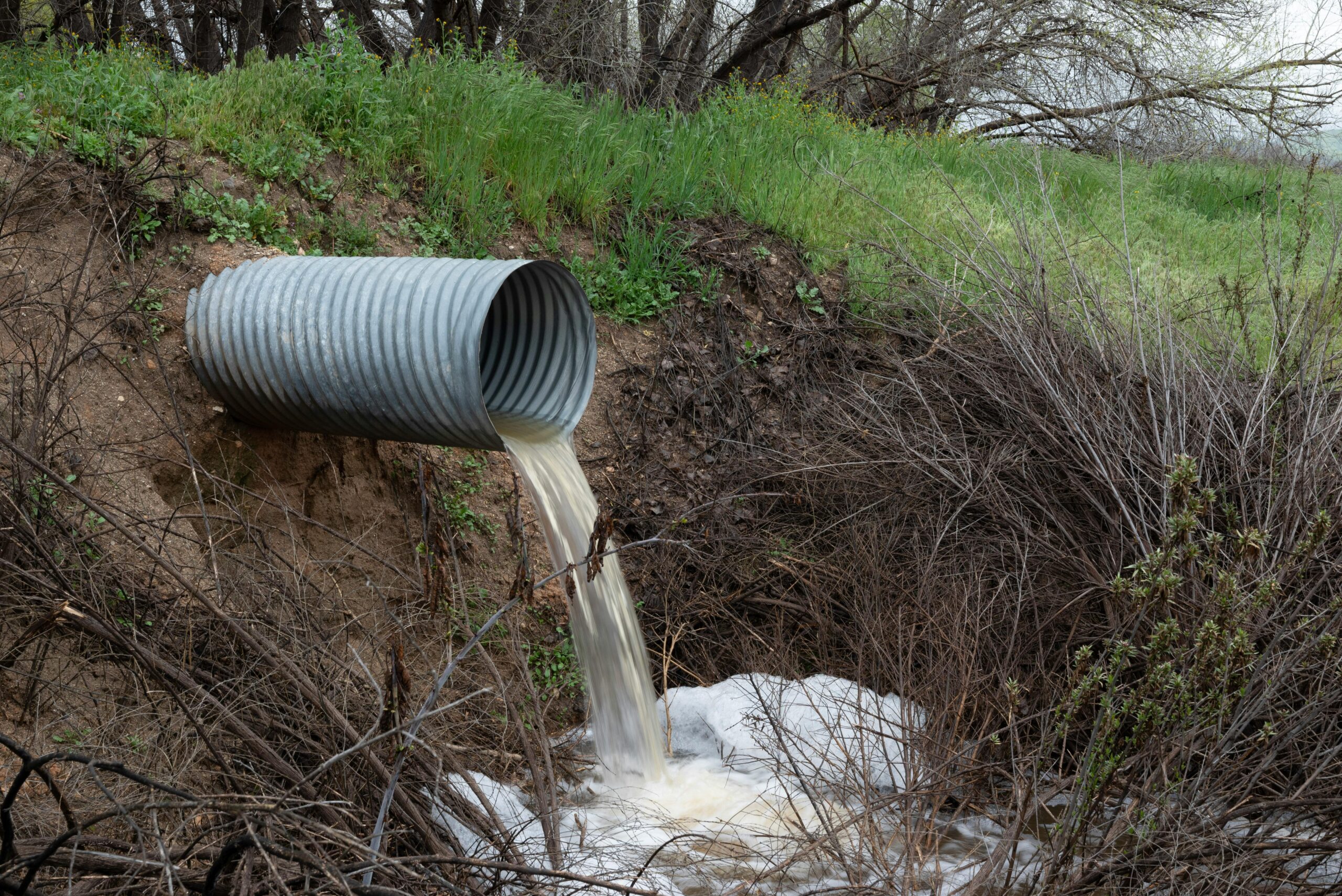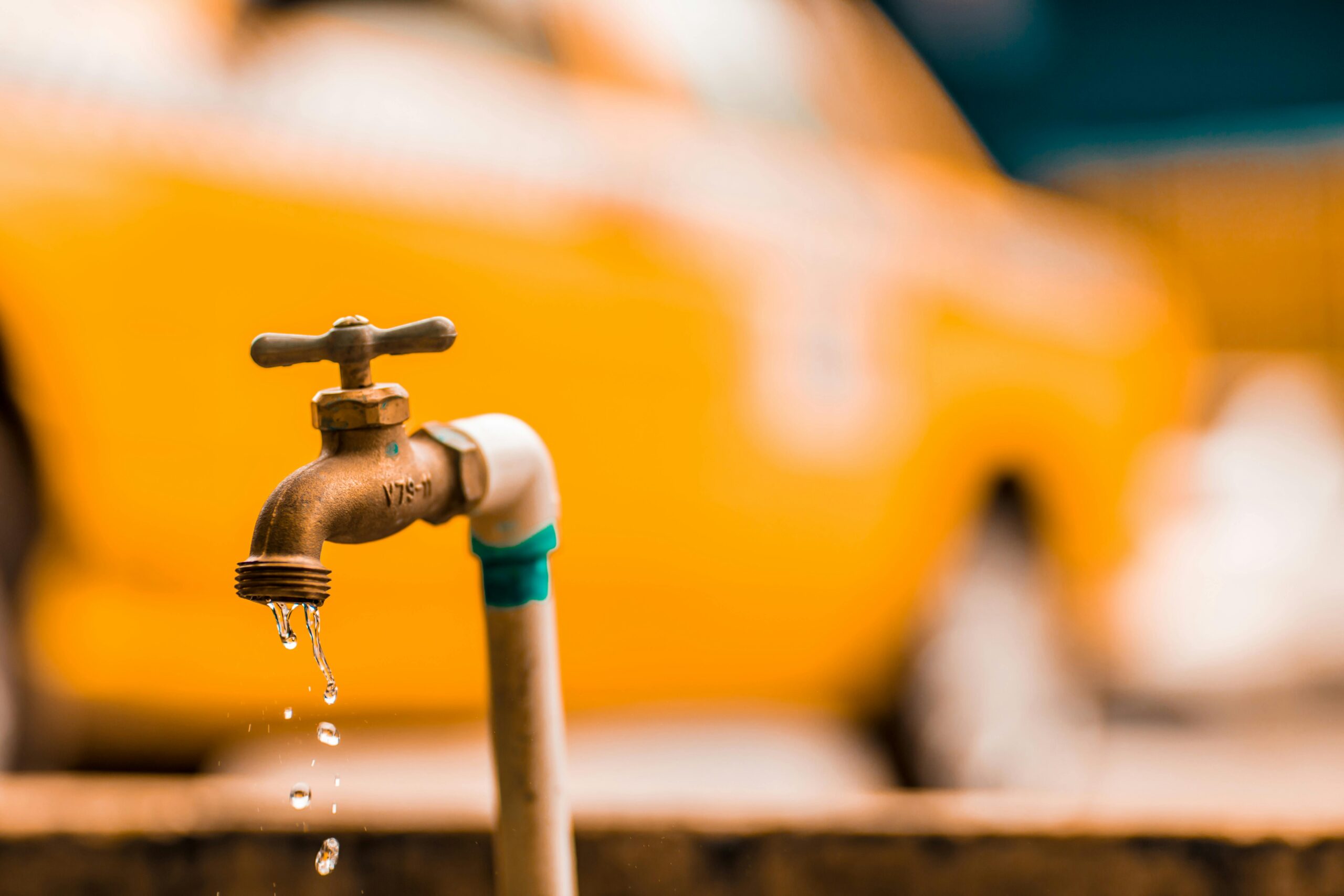Contrary to popular belief, distilled water is NOT free of minerals. By scientific convention distilled water has a conductivity of 200,000 ohms. This translates to a Total dissolved solids of about 2.5 ppm. Most distilled water starts with tap water so the bulk of those contaminants reflect those in the tap water. Most of it is likely to be Calcium, the element associated with scale in pipes and radiators.
Calcium is a weird metal because as the temperature increases, unlike other contaminants, the solubility decreases. In other words the hotter the water, the more scale build up will take place. So, distilled water is indeed better than tap water, but it will still, over time cause scale build up. If you have to replace water in your radiator often, then even distilled water will scale your radiator. It will jsut take a lot longer to do it.

Other than the USP designation of USP purified water, for medical applications, there is no such thing as purified water. Purified is a marketing term companies use to sell water to consumers who want something better than what comes out of the tap.
If by purified, you mean products such as Dasani, Aquafina, and others, then yes, distilled is a better product. The products described use Reverse Osmosis (RO) to “purify water for drinking. However, because RO water tastes flat, bottled water companies add calcium and other minerals for improved taste. Such water will add more calcium and therefor more scaling than distilled water.
However, if you can purchase a commercially purified by RO water, it will be a superior product to Distilled. Here is why. Reverse Osmosis systems, like your radiator are subject to calcium scaling. For this reason most if not all commercial RO systems are pre-treated with a water softener. Depending on the incoming feed water quality an RO system typically produces water that is calcium free with a TDS of anywhere from 1 – 10 ppm.
10 ppm purified water RO water that was pre-treated by a softener is better for your radiator than distilled water that was not pre-treated with a softener. The reason for this is because soft water, that is to say, the sodium ion does not easily form precipitate scale. Sodium stays in solution even in very high concentrations. Sea-water which has tens of thousands of ppm of Sodium never precipitates sodium in the water.
That said, it is not possible to make a blanket statement as to which water is better. One must know more details.
The best water you can put in your radiator is either totally pure deionized water, or truly softened water. Both of these waters are devoid of calcium and magnesium. These are the hardness elements and this is what ruins radiators.
To those concerned about the corrosive nature of totally pure water, here is a heads up; If run through the copper pipes in your home, pure water would quickly dissolve the metal and spring leaks. However, since antifreeze is mixed with water in a radiator, there is no corrosive problem with totally pure water. Once it mixes with and dilutes the anti-freeze, the pure water is no more.







